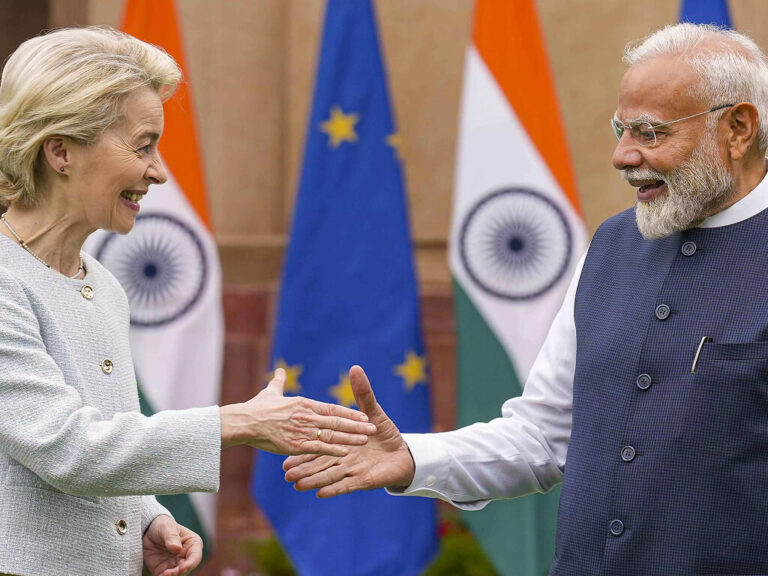Israel’s retaliatory actions against Hamas are now expanding to cover the entire Palestinian territory, including the West Bank – a region governed by the Palestinian Authority, not Hamas, and recognized by many countries worldwide. While the global Islamic community and anti-war supporters express solidarity with Palestine and condemn the civilian casualties, Israel continues to cite the October 7th attack, a clear act of terrorism by Hamas, as justification for its actions. Interestingly, this stance has effectively silenced much of the international community.
However, with rising tensions in the West Bank – a region crucial for establishing an independent Palestine – it is worth considering that Israel may be pursuing a broader strategy aimed at eliminating any possibility of a Palestinian state, rather than solely targeting Hamas. While Israel claims to be focusing on militants, including senior Hamas officials, its actions suggest a more extensive plan.
The death toll among Palestinians in the West Bank is rising rapidly following two days of Israeli attacks involving helicopters, drones, and ground forces. Between 2020 and October 2023, only six Palestinians in the West Bank were killed in airstrikes. However, this week, the UN reported that since October 2023, 136 Palestinians in the West Bank have been killed in Israeli airstrikes – a sharp and alarming increase. Israel justifies its actions as necessary for self-defense, claiming it is responding to attacks allegedly carried out with Iranian-supplied weapons. However, the bombing of civilians from the skies increasingly appears to be an attempt to terrorize the population into submission – a strategy that is intensifying.
Israel’s settlement expansion in the West Bank is rapidly increasing as the state seeks to consolidate control over more land. Much of this territory, initially arid and inhospitable, has been transformed into livable space by settlers, yet it remains designated under international agreements, including the Oslo Accords, as part of a future Palestinian state. Fueled by substantial investments and growing political pressures, Israel’s commitment to advancing these projects is unwavering, rendering any withdrawal from them highly improbable and impractical. The challenge of evacuating 8,000 Jewish settlers from Gaza in 2005, which faced intense opposition, stands in stark contrast to the nearly 90 times as many settlers now living in the West Bank and East Jerusalem. Jewish dominance is increasingly apparent in many areas of the eastern territory, and Israel perceives it as both a duty and a moral obligation to protect its citizens. In this context, the current conflict may serve Israel’s strategic interests by diminishing remaining opposition and facilitating further territorial expansion under the guise of wartime necessity.
Despite facing a severe blockade, Gaza remains a separate territory with its own government. Israel argues that a similar situation in the West Bank, should it withdraw, would pose a significant security risk, a concern heightened by Hamas’s actions. Although there is still hope for the establishment of a Palestinian state encompassing the West Bank and Gaza Strip, with East Jerusalem as its capital, the Israeli parliament voted overwhelmingly just one day before the historic ICJ opinion to pass a resolution—co-sponsored by parties within Mr. Netanyahu’s coalition and supported by both right-wing and centrist opponents – rejecting the creation of a Palestinian state. This context clarifies that the ongoing attacks in the West Bank is not simply about targeted attacks akin to those in Lebanon or Iran.
The world’s major powers, including the United States, and Islamic countries that have long used the issue of Palestine to evoke Islamic solidarity, have struggled to reach an agreement to end the ongoing bloodshed. Without a resolution, confidence in global institutions, which have so far proven ineffective, risks fading. Hamas has demonstrated that a long-term resolution can only be achieved through diplomacy, allowing both peoples to coexist peacefully. However, it must be noted that either Israel has seized the opportunity, or Hamas has made Israel’s objectives achievable.








